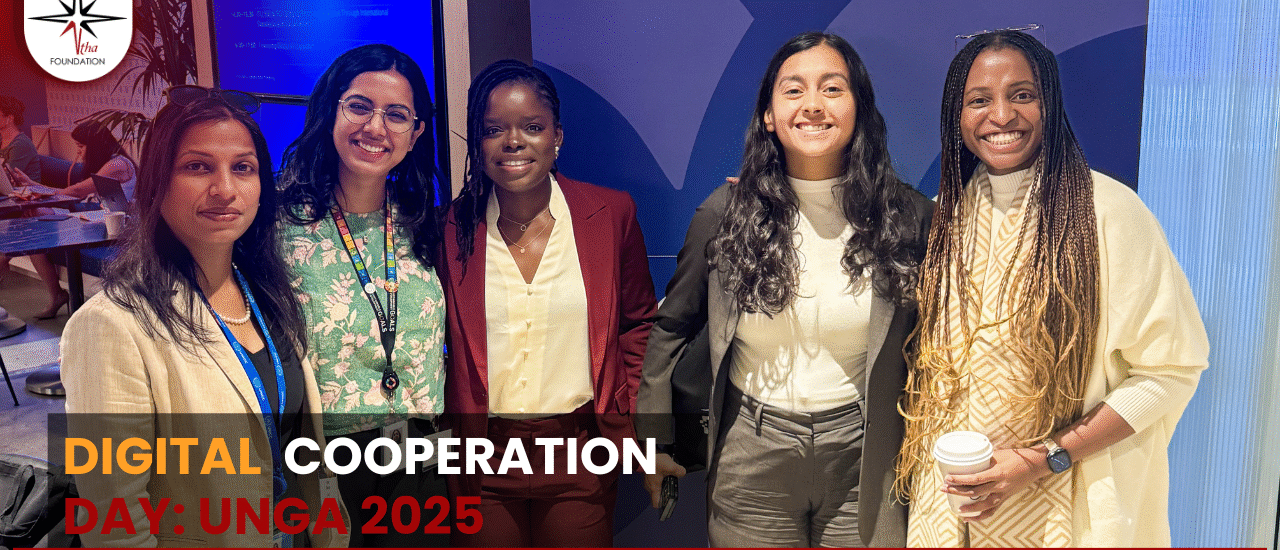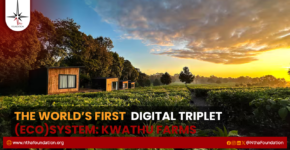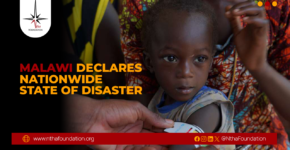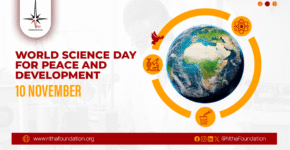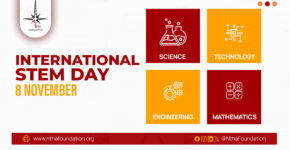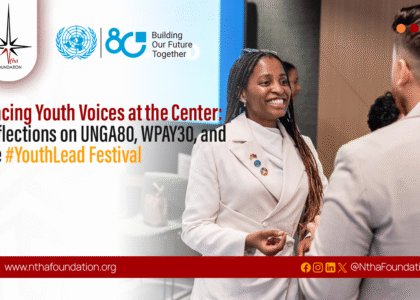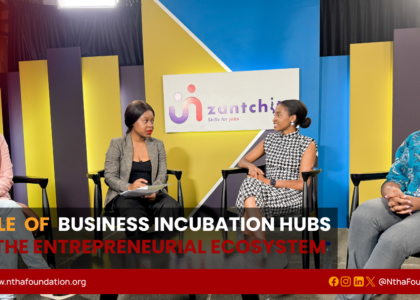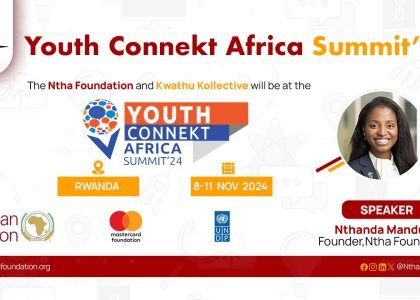On 22 September 2025, global leaders, policymakers, technology experts, and civil society actors convened in New York City for Digital Cooperation Day, a flagship event organized by the United Nations Office for Digital and Emerging Technologies (ODET) during the UN General Assembly High-Level Week. The gathering marked one year since the adoption of the Global Digital Compact (GDC) — a landmark framework that set out shared principles and priorities for a more open, secure, inclusive, and rights-based digital future.
The event offered an important opportunity to assess how far the world has come in translating those principles into practice — and where global cooperation must deepen to ensure that digital transformation serves humanity as a whole. Across plenaries, roundtables, and launches, the discussions explored four critical themes shaping the next phase of digital governance:
1. Digital Public Infrastructure (DPI) as a Foundation for Development
Sessions on Universal DPI Safeguards and the Principles to Outcomes guide highlighted a shift in thinking: digital identity systems, payment rails, and data exchanges are no longer just technical tools — they are now seen as core governance infrastructure. New frameworks are helping governments embed privacy, equity, accountability, and human rights into DPI from design to deployment, and to measure outcomes over time.
The ongoing “50-in-5” initiative, which aims to help 50 countries design and scale DPI systems by 2028, is a clear example of how these principles are being operationalized on the ground. It reflects growing recognition that digital transformation must be inclusive by design and accountable by default.
2. Governing AI: From Principles to Practice
Artificial intelligence featured prominently in multiple sessions, including “AI as a Gamechanger — Private Sector Innovation for an Inclusive Digital Economy” and “Shaping Responsible AI Use Through International Standards.” Speakers emphasized the importance of moving beyond broad statements of principle toward practical governance mechanisms — from harmonized standards and assurance frameworks to capacity-building networks and financing instruments such as a proposed Global AI Fund.
The day also surfaced ongoing challenges: significant disparities in compute, data, and research capacity risk widening the global digital divide. Addressing these gaps is essential if the benefits of AI are to be shared equitably and responsibly.
3. Data Governance and Human Rights at the Core
The session “Data with Dignity at its Core — Protecting Privacy and Equality” underscored a crucial shift in global digital policy: treating data not simply as a commodity but as a matter of dignity and agency. Discussions focused on embedding privacy, non-discrimination, redress, and transparency into the architecture of digital systems — elements increasingly seen as prerequisites for public trust and democratic governance.
4. Localization, Inclusion, and Multi-Stakeholder Action
Digital transformation is ultimately local. Sessions such as “Localizing the Global Digital Compact — Mayors for Digital Cooperation” and “Towards an Inclusive Digital Economy” highlighted the growing role of cities, national governments, and grassroots innovators in adapting global frameworks to local contexts. Participants emphasized that achieving inclusive digital development requires coordinated action across public, private, and civic sectors — and must be rooted in the lived realities of communities.
Looking Ahead: From Cooperation to Co-Creation
Digital Cooperation Day made clear that the next phase of the Global Digital Compact will require moving beyond shared principles to shared infrastructure, capabilities, and accountability systems. As the international community prepares for milestones such as WSIS+20 and the 2027 GDC mid-term review, the emphasis will increasingly be on co-creation: building governance systems and digital public goods that are participatory, adaptive, and equitable.
Our Role in the Global Conversation
Our founder attended Digital Cooperation Day 2025 on behalf of the Ntha Foundation, engaging with global partners on these emerging priorities and sharing insights from our work advancing digital skills, innovation ecosystems, and youth-led governance across Africa.
Read more of her comprehensive synthesis and reflections on the future of global digital governance here
Work With Us
Want to partner on or fund one of our programs / initiatives? We are always open to collaborations and partnerships. Contact our Founder; Ms. Nthanda Manduwi via contact@nthafoundation.org, or give us a call(direct or WhatsApp) on +265991850730.
To keep up with the work of the Ntha Foundation, our hubs under the Kwathu Kollective, our initiatives, and our projects, follow us on social media:
NTHA FOUNDATION SOCIAL MEDIA
KWATHU KOLLECTIVE SOCIAL MEDIA


